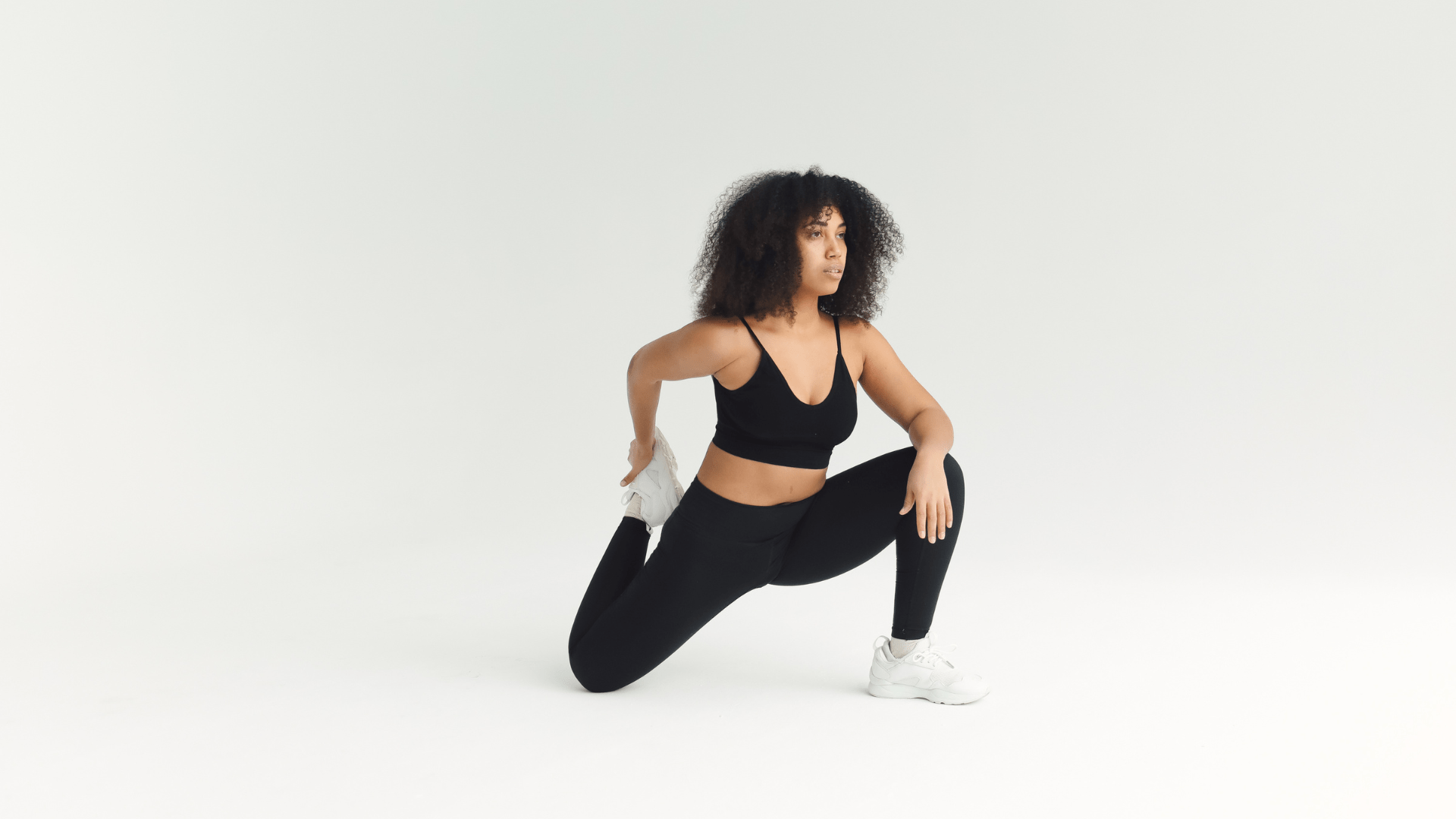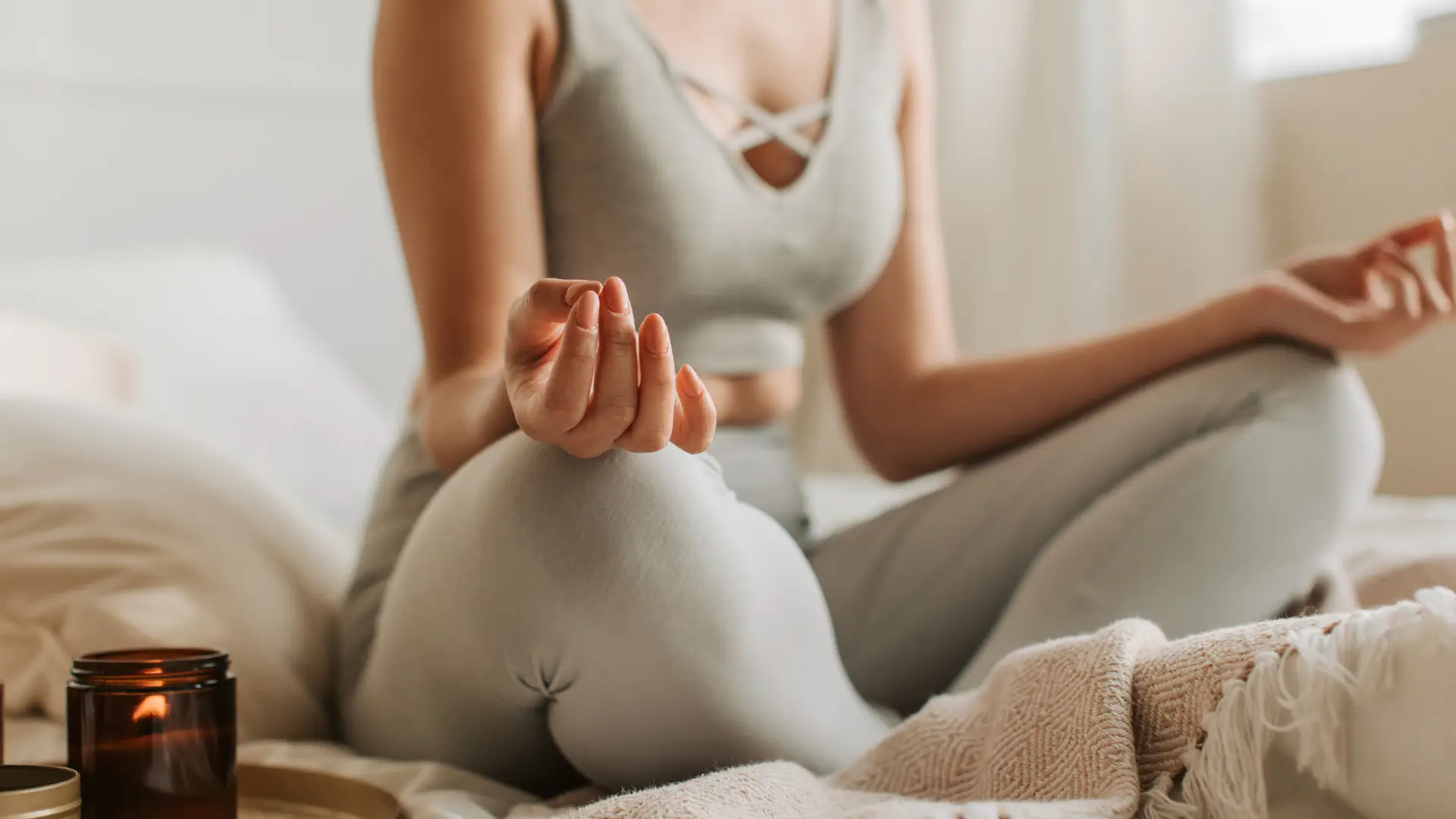Self-Care Yoga Practices

Have you been feeling a bit overwhelmed lately?
Are you struggling to find time for yourself in the midst of your busy schedule?
You may be in need of some self-care practices to help you relax, rejuvenate, and find balance in your life. One great way to practice self-care is through yoga. In this article, we will explore various yoga practices that can help you take care of yourself physically, mentally, and emotionally.
In this article, you will discover the numerous benefits of incorporating yoga into your self-care routine, including reducing stress, improving flexibility, and enhancing overall well-being. Whether you are a seasoned yogi or a beginner looking to start your journey, self-care yoga practices offer a holistic approach to nurturing your mind, body, and soul.
Embrace the healing powers of yoga and embark on a journey of self-discovery and self-love.
The Benefits of Self-Care Yoga Practices
Yoga is a versatile form of exercise that combines physical movements, breathwork, and mindfulness practices. When used as a self-care tool, yoga can provide a range of benefits for your overall well-being. By taking the time to practice yoga regularly, you can:
- Reduce stress and anxiety
- Improve flexibility and strength
- Increase mindfulness and self-awareness
- Enhance your mood and promote feelings of relaxation
Incorporating yoga into your self-care routine can help you cultivate a sense of balance and harmony in your life, allowing you to better manage the challenges and responsibilities that come your way.
How Yoga Helps You De-Stress
One of the key benefits of yoga as a self-care practice is its ability to help you de-stress. Through a combination of gentle physical movements, deep breathing exercises, and mindfulness techniques, yoga can help you relax both your body and mind. By focusing on the present moment and letting go of worries and distractions, you can reduce feelings of stress and anxiety.
Yoga has been shown to lower levels of cortisol, the stress hormone, in the body. This can lead to a decrease in feelings of tension, irritability, and overwhelm. By practicing yoga regularly, you can train your body and mind to respond more calmly and effectively to stressful situations, helping you navigate the ups and downs of daily life with greater ease.
Improving Physical Health through Yoga

In addition to its mental and emotional benefits, yoga can also have a positive impact on your physical health. Many yoga poses are designed to stretch and strengthen the muscles, improve flexibility and balance, and promote overall physical well-being.
Regular yoga practice can help you build strength in your core, arms, legs, and back, leading to improved posture and reduced risk of injury. Yoga can also help enhance your flexibility, making it easier to move through daily activities with greater ease and comfort.
Furthermore, yoga can help improve circulation, digestion, and respiratory function, leading to better overall health and vitality. By incorporating yoga into your self-care routine, you can support your physical well-being and feel more energized and vibrant throughout the day.
Types of Self-Care Yoga Practices
When it comes to self-care yoga practices, there are a variety of styles and techniques to choose from. Whether you prefer a slow, gentle practice or a more vigorous, challenging workout, there is a type of yoga that can suit your needs and preferences.
Here are a few popular types of self-care yoga practices to consider:
➤ Restorative Yoga
Restorative yoga is a gentle and relaxing form of yoga that focuses on deep relaxation and stress relief. In restorative yoga, you will use props such as blankets, bolsters, and blocks to support your body in various poses, allowing you to fully relax and release tension. This type of yoga is perfect for those looking to unwind and recharge after a long day or week.
Restorative yoga poses are typically held for longer periods of time, allowing you to sink deeper into relaxation and release muscular tension. By practicing restorative yoga regularly, you can improve your ability to calm your mind, relax your body, and let go of stress and worries.
➤ Yin Yoga
Yin yoga is a slow-paced and meditative form of yoga that focuses on deep stretching and flexibility. In yin yoga, you will hold passive poses for several minutes at a time, allowing the muscles, connective tissues, and joints to release and relax. This practice can help you improve flexibility, increase circulation, and reduce stiffness and pain in the body.
Yin yoga is a great way to balance out the more active and dynamic styles of yoga or exercise in your routine. By incorporating yin yoga into your self-care practice, you can support your physical health and well-being, improve your range of motion, and enhance your overall flexibility.
➤ Yin Yoga
Restorative yoga is a gentle and relaxing form of yoga that focuses on deep relaxation and stress relief. In restorative yoga, you will use props such as blankets, bolsters, and blocks to support your body in various poses, allowing you to fully relax and release tension. This type of yoga is perfect for those looking to unwind and recharge after a long day or week.
Restorative yoga poses are typically held for longer periods of time, allowing you to sink deeper into relaxation and release muscular tension. By practicing restorative yoga regularly, you can improve your ability to calm your mind, relax your body, and let go of stress and worries.
➤ Hatha Yoga
Hatha yoga is a traditional form of yoga that focuses on the alignment of the body, breath, and mind. In hatha yoga, you will practice a series of poses (asanas) and breathing exercises (pranayama) to cultivate strength, flexibility, and balance. This practice can help you build a strong foundation in yoga and develop a deeper connection to your body and breath.
Hatha yoga is a versatile style of yoga that can be tailored to suit practitioners of all levels and abilities. Whether you are a beginner or an experienced yogi, hatha yoga can help you improve your posture, increase your strength and flexibility, and promote feelings of relaxation and well-being.
➤ Vinyasa Yoga
Vinyasa yoga is a dynamic and flowing form of yoga that focuses on linking breath with movement. In vinyasa yoga, you will move through a series of poses in a smooth and continuous sequence, allowing you to build strength, stamina, and flexibility. This practice can help you cultivate mindfulness, focus, and presence on and off the mat.
Vinyasa yoga is a great way to challenge yourself physically and mentally, as you flow through sequences that require strength, balance, and coordination. By incorporating vinyasa yoga into your self-care routine, you can improve your cardiovascular fitness, build muscle tone, and enhance your mind-body connection.
➤ Kundalini Yoga
Kundalini yoga is a powerful and transformative form of yoga that focuses on activating and balancing the body’s energy centers (chakras) and life force (kundalini). In kundalini yoga, you will practice a combination of postures, breathing exercises, chanting, and meditation to awaken your inner vitality, creativity, and intuition. This practice can help you cultivate a deeper sense of self-awareness, connection, and spiritual growth.
Kundalini yoga is known for its potent effects on the mind, body, and spirit, as it can help you release blocked energy, clear emotional baggage, and awaken your true potential. By practicing kundalini yoga regularly, you can tap into a wellspring of inner strength, wisdom, and joy, allowing you to live your life with greater purpose and authenticity.
Creating a Self-Care Yoga Routine
Now that you are familiar with the various types of self-care yoga practices, it’s time to create a self-care yoga routine that works for you.
Here are some tips to help you design a personalized yoga practice that nourishes your mind, body, and spirit:
➤ Dietary ChangesSet Aside Time for Self-Care
The first step in creating a self-care yoga routine is to set aside dedicated time for your practice. Whether you prefer to practice yoga in the morning, afternoon, or evening, it’s important to carve out time in your schedule for self-care. By committing to a regular yoga practice, you can prioritize your well-being and make time for yourself amidst the busyness of life.
➤ Choose a Style of Yoga that Resonates with You
When designing your self-care yoga routine, consider the type of yoga that resonates with you and your needs. If you are looking to relax and unwind, restorative yoga may be a good choice. If you want to focus on building strength and flexibility, hatha yoga or vinyasa yoga may be more suitable. By selecting a style of yoga that aligns with your intentions and goals, you can tailor your practice to meet your unique needs and preferences.
➤ Create a Sequence of Poses and Practices
Once you have chosen a style of yoga for your self-care routine, it’s time to create a sequence of poses and practices that you can follow. Start by selecting a few key poses that target different areas of your body and focus on your breath as you move through each pose. You can also incorporate breathing exercises, meditation, or mindfulness practices into your sequence to enhance the benefits of your practice.
➤ Use Props and Modifications as Needed
As you practice yoga, remember to listen to your body and make modifications as needed to ensure your comfort and safety. You can use props such as blankets, blocks, and straps to support your body in poses and make them more accessible. By honoring your body’s limitations and adapting your practice to suit your needs, you can practice self-care yoga in a way that feels nourishing and empowering.
➤ Cultivate a Mindful and Compassionate Approach
Above all, remember to approach your self-care yoga practice with mindfulness and compassion. Be gentle with yourself as you move through your poses, and let go of any expectations or judgments that arise. Allow yourself to be present in the moment, focusing on your breath, movement, and sensations. By cultivating a mindful and compassionate attitude towards your practice, you can deepen your self-awareness, resilience, and sense of well-being.
Conclusion
In conclusion, self-care yoga practices can be a powerful tool for nourishing and supporting your overall well-being. By incorporating yoga into your self-care routine, you can reduce stress and anxiety, improve physical health, and cultivate mindfulness and self-awareness. Whether you prefer a gentle restorative practice or a dynamic vinyasa flow, there is a style of yoga that can help you relax, rejuvenate, and find balance in your life.
So why not take some time for yourself today
and start practicing self-care yoga?
Your mind, body, and spirit will thank you for it.
Share:
Related Posts

The Best Gym Bags for Women in 2025 (Cute, Stylish & Functional!)
Tired of your old gym bag? Discover the best cute, stylish, and functional gym bags for women. From chic totes to versatile backpacks with shoe compartments, find the perfect bag to take you from workout to weekend in style.

From Bloating to Balance: Fermented Foods for Gut Health: What Women Should Know
Feeling bloated or hormonally imbalanced? Your gut may hold the key. Discover the best fermented foods for women’s health, how they improve digestion, mood, and hormonal balance, and how to easily add them to your diet.

Unleash Your Lower Body Power: The Best Compound Exercises to Grow Your Legs Fast
Want to build strong, sculpted legs quickly? Discover the most effective compound exercises for women that target multiple leg muscles simultaneously for faster growth and a powerful lower body. Say hello to leg day gains!

The Ultimate High-Protein Breakfast Bagel
Upgrade your morning with the ultimate high-protein breakfast bagel! This recipe stacks a toasted bagel with a cheesy cottage cheese egg scramble, savory sausage, and creamy avocado for over 40g of protein.







